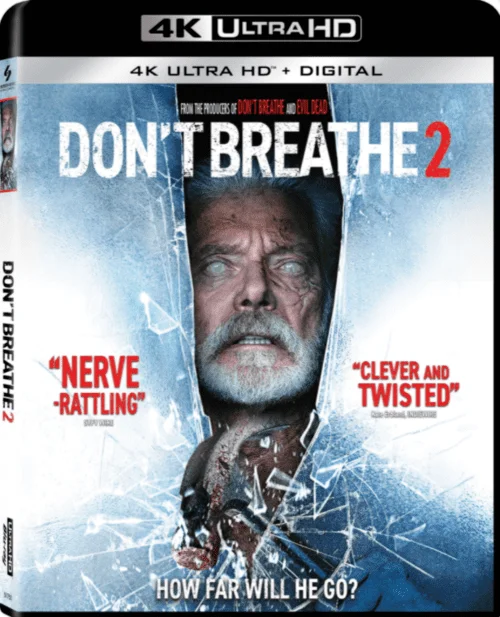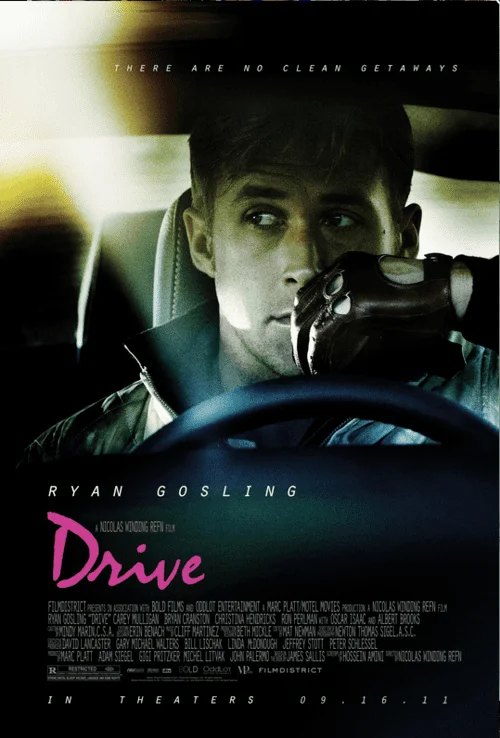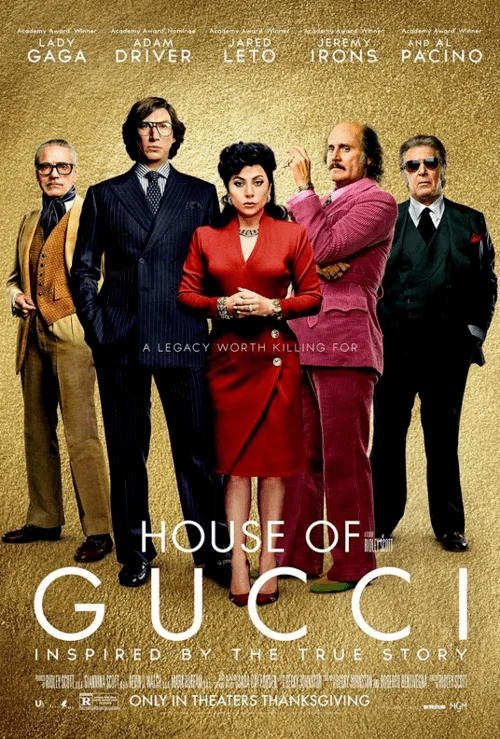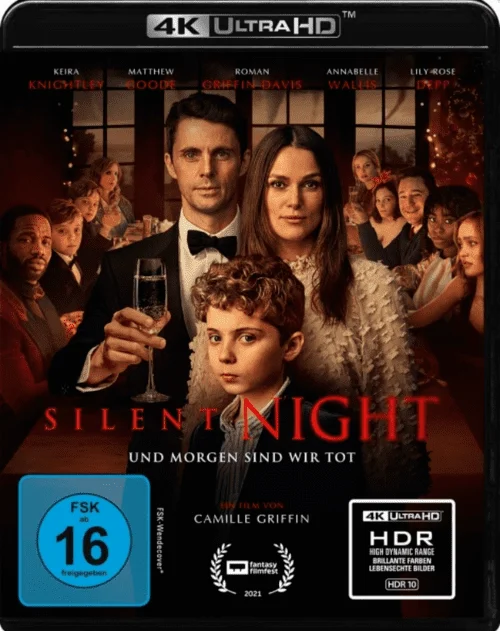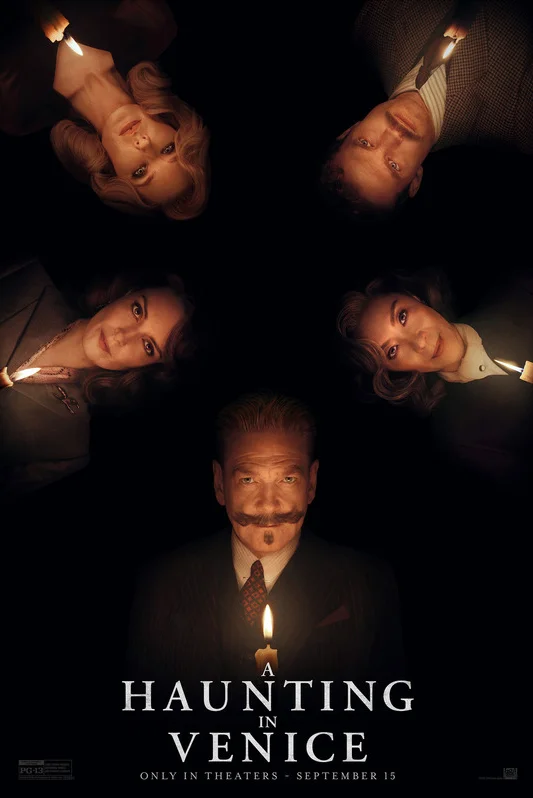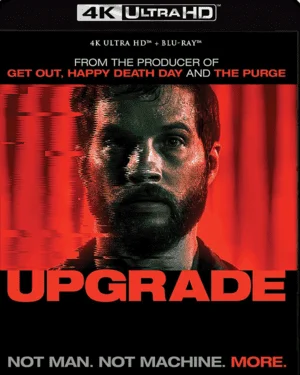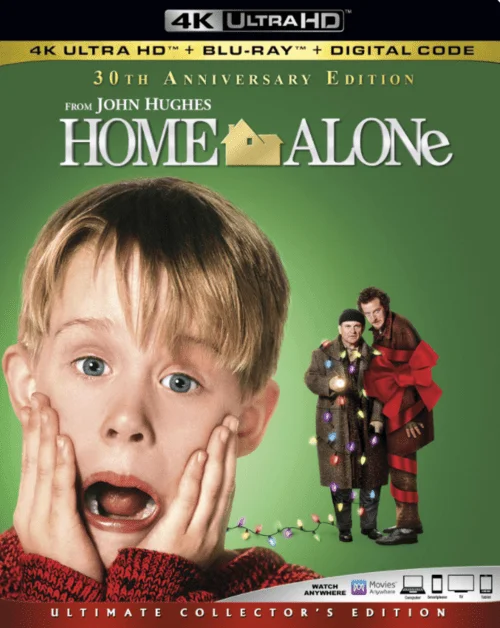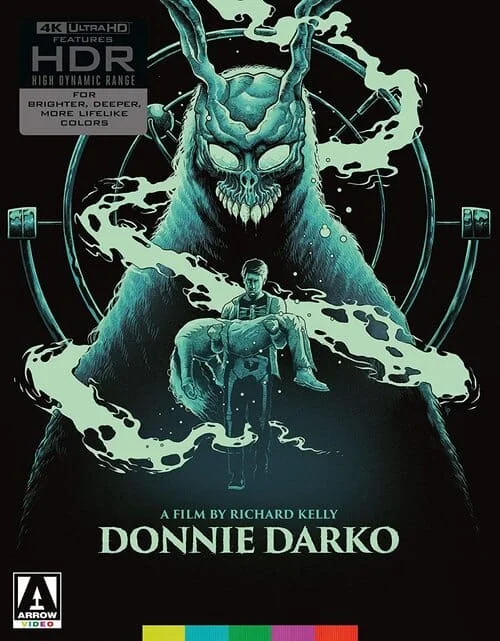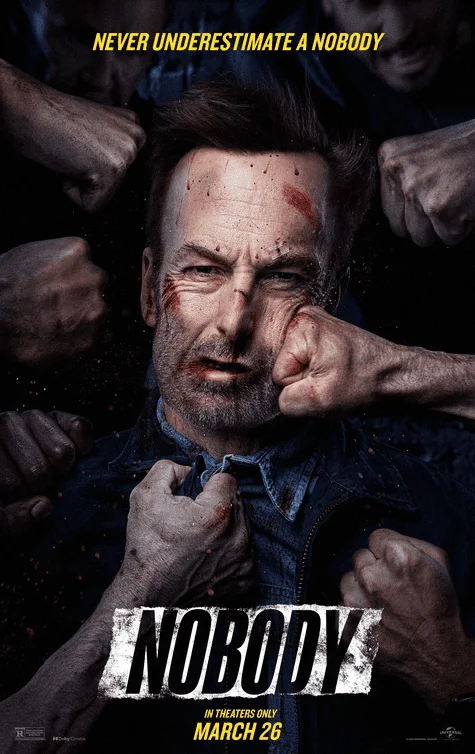
Nobody 4K 2021 Ultra HD 2160p
Cast: Bob Odenkirk, Aleksey Serebryakov, Connie Nielsen, Christopher Lloyd, Michael Ironside, Colin Salmon, RZA, Billy MacLellan, Araya Mengesha, Gage Munroe, Paisley Cadorath, Aleksandr Pal, Humberly Gonzalez, Edsson Morales, J.P. Manoux.

In the center of the plot will be Hatch Mansell, a simple man, an exemplary family man and a good neighbor. But when robbers burst into his house, all the rage that has been dormant in the hero for many years breaks out to the surface and forces him to face the darkest secrets.
Nobody 4K Review
Hitch (Bob Odenkirk) is a simple family man, and every day is similar to the previous one: morning coffee, jogging, boring work, dinner with family, night side by side with his wife without a hint of romance. The gray stream of everyday life is interrupted by a sudden invasion: two robbers enter his house and, although they do not take anything especially, they leave Hitch with an uncovered gestalt. He saw that the criminal's pistol was not loaded, and could hit him with a golf club, but did not - for which his son now despises him. The point, however, is not cowardice. Hitch is a former FBI auditor (in other words, a hitman) who has a hard time starting a new life and does not want to return to violence. Until he meets a gang of aggressive guys on the bus (led by Alexander Pale) and accidentally enters a war with the cruel Russian mafia (Alexei Serebryakov).
Reading the synopsis "Nobody", even a little bit familiar with the action movies, the viewer already imagines the whole plot of the picture. We have a person with a "certain set of skills" who really didn't want to use them until circumstances forced him to. Someone must definitely threaten his family or give a reason for revenge - in general, push him out of his comfort zone and put the Campbell monomyth on the trail. He will definitely kill, he will be cruel, yes, but he has a noble reason for that, and it doesn't matter what kind of love, a dog or a bracelet with kittens. These dramatic conventions have been entrenched in the viewer's consciousness for so long that they seem indestructible, as if taken for granted. But not for Ilya Naishuller.
His "Nobody" only at first seems like a typical action movie about a former hitman: here is his everyday routine (ingeniously shown in a series of short editing phrases in the spirit of Edgar Wright), here is the triggering event after which the hero can no longer remain indifferent. But here a twist awaits the viewer. The robbers who burst into the house do not take anything of value and, in general, do not threaten anything, except for the masculinity of the protagonist. They have nothing to do with the mafia either - Hitch will enter the war against the Russians of his own free will when Alexander Pal falls under his hot hand. Naishuller deliberately deprives the character of a noble motive: he is cruel simply because he wants it so much, he cannot live otherwise. If we go back to the structure of the monomyth, it turns out that Hitch is not a standard hero who crosses the border from the world of order to the world of chaos. He is an agent of this very chaos, his living incarnation, which has received a reason to finally stop pretending. One of the best scenes in the film is the one where the hero seemingly offers peace to the mafia boss, and then gets in the car and crosses his fingers. In the hope that the enemies will follow him and continue the battle.
Naishuller does the same with the action genre as Takashi Miike did with the superhero in Ichi the Killer (it's funny that the remake of another Miike's film, The Straw Shield, was just supposed to be shot by Ilya, but it didn't work out). There, the main character, who considers himself a fighter for justice, turned out to be a simple madman, and his motivation - his parents killed by bad people - was a banal invention: in fact, he killed them himself in another fit of uncontrollable rage. Both films reveal the misanthropic essence of action games, and both can be read as meta-thinking about cinema: it turns out that all this time "drama" in action films was only a way to justify the audience's bloodlust. That Ichi the killer, that Hitch act as the sources of primitive violence - they do not need captive wives and crying children, they destroy everything because the Genre demands it, they kill because this is how Kino works, the screen is bored without brain smeared on the walls. "Nobody" is, in a sense, an example of "new sincerity," a militant who casts aside all the conventions imposed by society. This is a story about a man who really, really, really wants to beat evil people, and so that everyone knows how cool he is. There is a cool repetitive gag on this topic in the film: Hitch openly lays out his entire combat biography in front of defeated enemies, but they always die without listening to the end.
And it's almost post-doc - after all, the story is based on a real case that happened to Bob Odenkirk (a drug addict broke into his house, and he was seriously scared). But we will not descend into this jungle.
That stylistic transition that the John Wick franchise made in three films - from the mundane original to the absurd third part - Nobody does in one. The beginning is filmed in muted colors, and the first fight looks hyperrealistic: people get tired, breathe heavily, but still keep falling and getting up. Towards the end, an expressive carnival begins - chases, explosions, triple headshots from a sniper rifle. The color scheme is getting warmer, the film grain (albeit a fake one) appears more and more noticeably, as if we went from the world of gray reality to the space of a reckless old-school action movie, where the laws of physics stop working, and the Russians always turn out to be evil. Who, by the way, in "Nobody" were originally supposed to be South Koreans, but turned into Russians after the arrival of Naishuller: he decided that he did not want to shoot a caricature of the nation, which he knew only from films. Russians here are also to a certain extent caricatures, but this is a cartoon that only a person truly immersed in the cultural code could make: Serebryakov in the film screams funny about the "common fund" and sings the imperishable group "Combination" about "an accountant, my dear accountant" ...
On top of that, Nobody shows Naishuller's great growth as a director. If earlier in the eyes of an ordinary viewer he was more of a clip-maker and author of one concept film (and the trouble with concepts is that it is sometimes difficult to get out of them), now we can definitely say that the author of "Hardcore" feels confident in action of any format and style ... He solves both "dirty", brutal scenes from the beginning, and the funny chaos of the ending equally well: he accurately selects angles and creatively works with space - almost like in Hong Kong action films, where the heroes never miss an opportunity to use interior items. Each action scene is not like the previous one, each has a unique set-up and another opportunity for Bob Odenkirk to demonstrate everything that he has learned over many years of training (and it looks much more spectacular than if he was in his place. same Keanu Reeves - because from the star of "Better Call Saul" this is not expected). Hitch may be weaker than John Wick and Jackie Chan, but he does not perform in the circus.
Info Blu-ray
Video
Codec: HEVC / H.265
Resolution: Upscaled 4K (2160p)
HDR: HDR10
Aspect ratio: 2.39:1
Original aspect ratio: 2.39:1
Audio
English: Dolby Atmos
English: Dolby TrueHD 7.1 (48kHz, 24-bit)
English: Dolby Digital 5.1
Subtitles
English SDH, French, Spanish, Dutch, Danish, Finnish, Norwegian, Swedish, Portuguese, Czech, Hungarian, Polish, Greek.
File size: 27.9 GB
Trailer Nobody 4K 2021 Ultra HD 2160p
Latest added movies
Comments on the movie
Add a comment
 like
like do not like
do not like